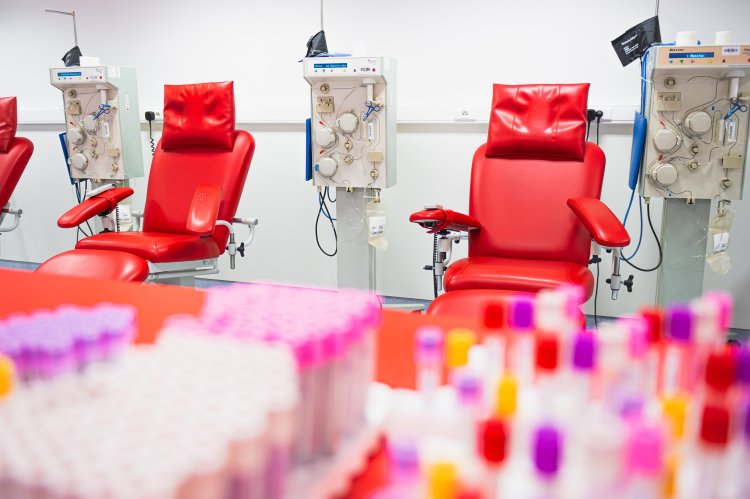Hepatitis B virus prevalence in first-time blood donors in Flanders, Belgium
17/05/21

To prevent transfer of transfusion-transmissible infections such as hepatitis B virus (HBV) to the patient during blood transfusion, the donor health questionnaire is an important safety measure to identify risk behaviour and defer people (temporarily) from blood donation. In 2019, the Belgian Red Cross shortened the deferral window to one year for donors born in HBV endemic countries to recruit blood donors in certain ethnic groups for saving the lives of patients who share their background.
Together with the Blood Service, CEBaP aimed to scientifically underpin the current legislation on donor deferrals and to update the current burden of HBV infection in Flanders by assessing the trend of prevalence of HBV infection and associated risk factors in blood donors in Flanders (Belgium) between 2010 and 2018. We collected data of 211,331 first-time blood donors (43.7% males, median age 25 years), donating blood at the Belgian Red Cross in Flanders. Among this first-time blood donor population, about 0.05% were currently infected with HBV and 0.86% showed evidence of HBV exposure (detection of core antibodies). The main finding of this study is that being born in an HBV endemic country is by far the most important risk factor for HBV positivity among first-time blood donors in Flanders. Other findings and strengths and limitations of our analyses can be found in this recent publication in Transfusion.
